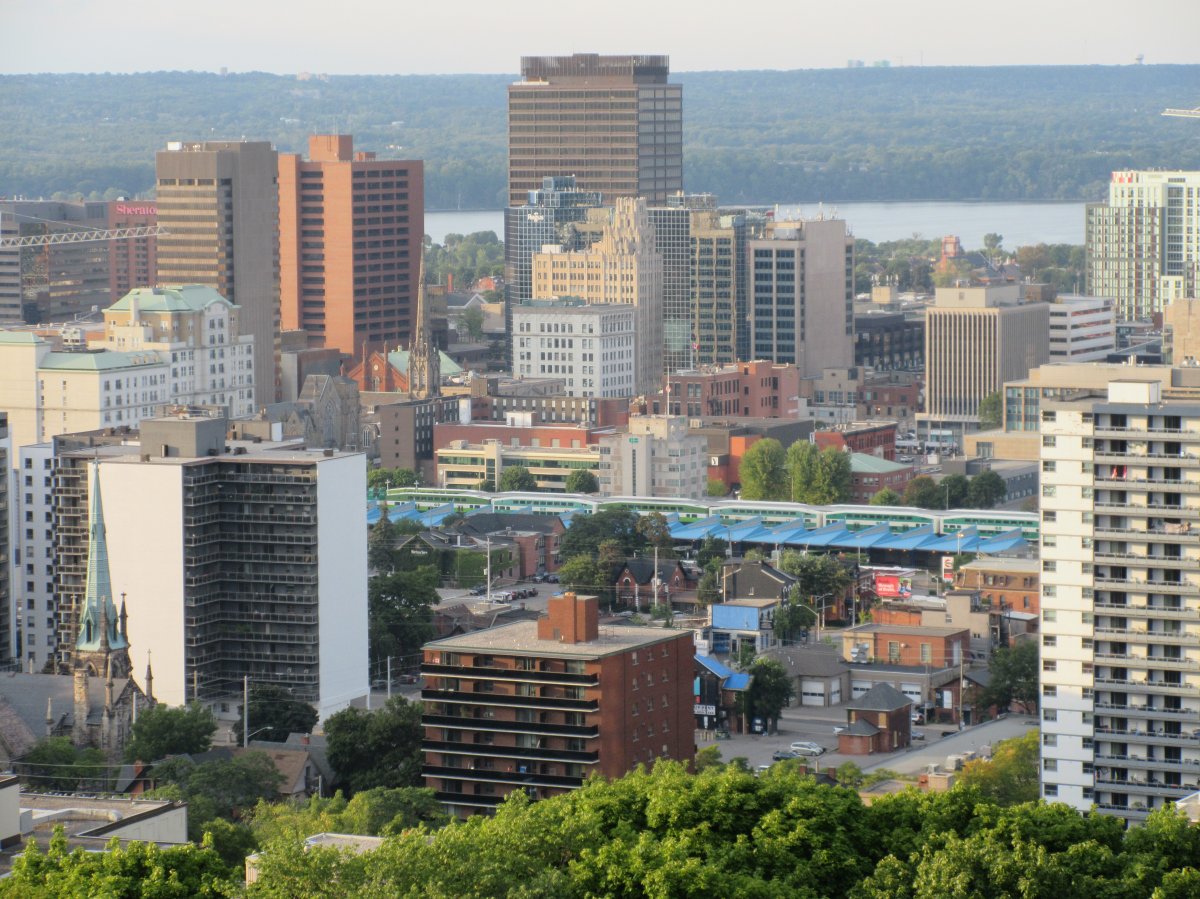The head of a Hamilton-area home builders association says Ottawa axing GST on new rental building construction could be a “game changer” for a Canada-wide crisis that saw average asking rents reach a record high in September.

CEO of the West End Home Builders Association Mike Collins-Williams is characterizing the Trudeau government’s move as “better late than never” since it addresses a major consideration developers look for in a project, profit.
“So a for-profit builder … revenue from building a home must sufficiently exceed the cost and that’s particularly challenging when we need homes to be affordable for families across the income spectrum,” Collins-Williams said.
“Unfortunately, many much-needed purpose-built projects just weren’t economically viable with the existing tax structure.”
The theory behind shelving the tax is to create an incentive for builders to produce more rental housing and hopefully lower rents across a nation that saw its average reach a record high of $2,117 per month in August.
Rentals.ca says of 35 Canadian cities the agency tracked in August, Hamilton’s average rent ask made the top 20 with single-bedroom units spiking some 12 per cent annually to an average of about $1,900 per month.
- As Canada’s tax deadline nears, what happens if you don’t file your return?
- Posters promoting ‘Steal From Loblaws Day’ are circulating. How did we get here?
- Video shows Ontario police sharing Trudeau’s location with protester, investigation launched
- Is $10/day child-care at risk of ‘derailment’? Report spurs questions
Meanwhile, a vacant two-bedroom offering was typically just shy of $2,300, up 6.1 per cent year over year.
Zumper.com which also offers a rent tracking service for Canada posted similar increases with a one-bedroom at around $1,750 and two-bedroom at $2,150, according to its data.
The company’s national rent index recorded one and two-bedroom rents at $1,870 and $2,337, across Canada respectively, reflecting year-over-year spikes of over 15 per cent.
Hamilton rents were middle of the pack compared to ten of Ontario’s biggest municipalities and about $700 cheaper in one-bedroom units compared to neighbouring Toronto where landlords can ask for close to $2,600 a month.
A Rentals.ca comparison of two-bedroom dwellings between Hamilton and Toronto show the steel city is about $1,100 cheaper a month.
Some of Canada’s mid-sized markets experienced huge rent spikes year over year in August, including Oakville where two-bedroom rents were up on average 27.8 per cent annually to around $3,383.
Vancouver continues to have the highest rents in Canada with a two-bedroom accommodation up about another 10 per cent year over year to a staggering $3,879 per month.
Meanwhile, cost of a single-bedroom rental was up even more on the coast, 13 per cent to $2,988.
Both numbers outpaced the rent trend in all property types last month in Canada, which was up 10 per cent.
Despite Canada’s municipalities having the highest rental apartment construction completions in the past 12 months since the 70s, rent growth was still strong.
Urbanation, which provides nationwide data for Rentals.ca, is attributing that to the country’s “record-high population growth and sharp deterioration in homeownership affordability.”
The outlet says the strongest month-over-month rent growth among Canada’s largest cities was in Ottawa and Edmonton with the average asking rents for purpose-built and condominium rentals averaging $2,226 and $1,438, respectively.
Shared accommodations across major centres also had upward pressure in August with average asking rents for roommates around $1,773 per month in Vancouver, followed by Toronto at an average of $1,302.
Collins-Williams hopes the Trudeau government’s move will be the start of a fresh look at the tax regime across Canada, particularly in the largest cities.
He says taxes make up about 25 per cent of the cost of making new housing via a mix of municipal charges, GST, HST and land transfer taxes.
“A new tax structure changes that and means we’re going to see more construction, more options (and) more rental housing,” he said.










Comments